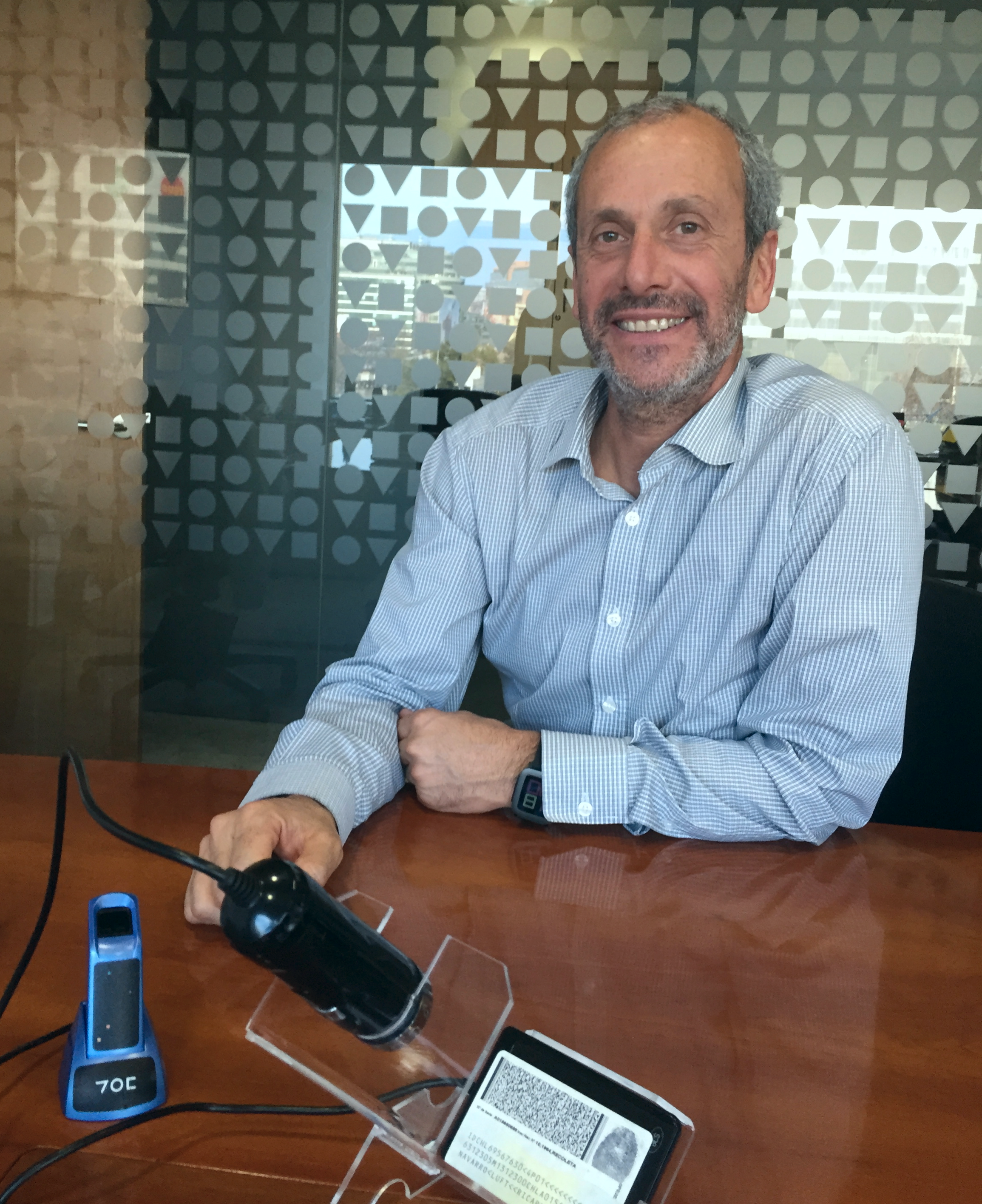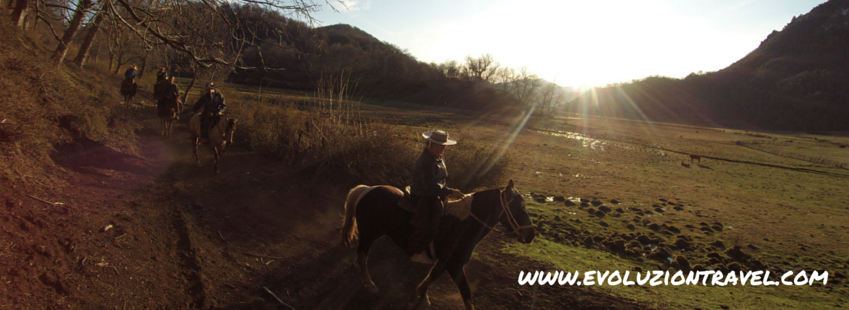When we first met Dan Reardon, a recent University of Pennsylvania graduate, we all couldn’t help but note how strange our meeting was. Here we were, three recent college graduates from Philadelphia, Pennsylvania, meeting for the first time at a café table in Santiago, Chile.
Dan had come a long way from UPenn to give his fledgling start up, Athlytics, a shot thanks to Chile’s innovative government program: Start Up Chile. In return for living in Chile during the duration of the program and contributing back to the community, Dan was given a 30,000 USD grant (no equity) to help fund the business. What does Chile get out of the deal? The purpose of Start Up Chile is to ignite a spirit of entrepreneurship in Chile.
“A great benefit of Start Up Chile is that entrepreneurs receive six months of runway. We don’t have to show numbers to investors or anything like that. It really allows us to process the business model without any constraints.” At the end of the program, entrepreneurs pitch their product or service to a group of potential investors on Demo Day.
“Start Up Chile has given me the opportunity to best nurture my product and idea and best position myself for future growth.”
Dan’s start up - Athlytics is revolutionizing the way coaches and trainers communicate with their student athletes. Athlytics is an app that helps coaches and trainers work better with student athletes to improve their training programs, no matter their location (think summer break).
Athletes can track fitness goals, communicate with coaches and trainers and manage their fitness programs with more control. “We are currently focused on providing the service to high school and university student athletes but may expand to personal trainers or physical therapists in the future.”
“Our differentiator is that we have superior user experience.” Dan saw that many fitness apps were either too complex with too many analytics and a high learning curve (these might be used by professional athletes), or too bare bones with not enough data given (think iHealth – Apple’s free fitness app on the iPhone). Athlytics sees itself in the middle, providing excellent software with high amounts of data in a simple, user-friendly platform.



















